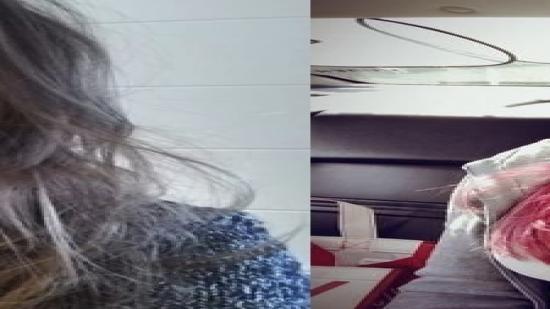A controversy has been gathering force this last week since the BBC took a look at women in eSports.
Fancy getting into eSports? Many of the best multiplayer games on PC have a thriving competitive scene.
Here’s their original story, part of their ‘100 Women’ series profiling inspirational women. It’s entitled ‘the women challenging sexism in eSports’, which should leave you in no doubt of its angle.
Within days of the story going live it had drawn condemnation from the eSports community, most notably from the women who the BBC themselves profiled.
Both leading CS:GO pro players, they are Julia Kiran, captain of Team Secret, and Stephanie ‘MissHarvey’ Harvey, of CounterLogic Gaming. In the BBC piece, they are quoted saying things like, “I’m not that respected in my community because I’m a woman”.
And yet, a couple of days after the piece was published, they took to Twitter to disown it. Kiran accused the BBC of twisting her words and cutting her off to pursue their angle, while Harvey took a pause, saying she “avoided a lot of the hate by not getting involved yet, but I do feel I gotta set things straight”.
In the end, she posted a tweet which endorsed an analysis by Paul ‘ReDeYe’ Chaloner over at Slingshot, a leading eSports news site:
Article is already out my bad, explains most of the issues with the article and I support his view https://t.co/a5NI9ry7f8 by @PaulChaloner
— CLG harvey (@missharvey) 22 November 2016
The BBC does not fare well in Chaloner’s treatment. He points out several factual inaccuracies, such as the suggestion – now amended, but preserved in screenshot form (see below) – that Twitch is owned by YouTube.
[[{“type”:”media”,”fid”:”155702″,”view_mode”:”default”,”link_text”:null,”attributes”:{“alt”:”Slingshot’s screengrab of the BBC’s mistake”,”title”:”Slingshot’s screengrab of the BBC’s mistake”,”height”:706,”width”:590,”style”:”display: block; margin-left: auto; margin-right: auto;”,”class”:”media-element file-default”}}]]
More importantly, he points out a number of selective omissions and misrepresentations which, he argues, add up to a preoccupation with pro-gaming’s problems with misogyny and a lack of interest in its positive aspects, or indeed with the achievements of the women profiled. “Let’s not let mainstream press demonise eSports just because they don’t understand it,” he says. It’s worth reading in full.
The BBC stand by their reporting. Contacted by eSports site Dexerto, they said: “The length of the interview was cut down for duration purposes but the sense of what was said was not changed in any way.”
